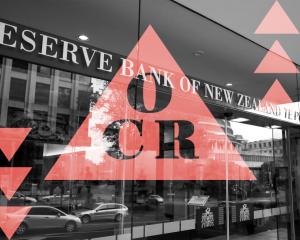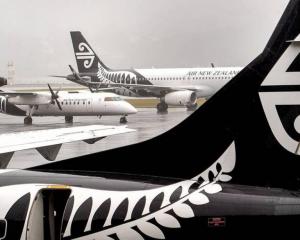
The starting-out and training hourly minimum wage rates would increase from $12.20 an hour to $12.60, remaining at 80% of the adult minimum wage.
''The Government is committed to striking the right balance between protecting our lowest-paid workers and ensuring jobs are not lost,'' Mr Woodhouse said.
Taxpayers Union executive director Jordan Williams said the increase of the minimum wage was more than eight times the level of inflation.
''The Government knows very well hiking the minimum wage faster than inflation means those most vulnerable are priced out of the job market.
''This is election year virtue signalling at its worst with the cost landing on those already struggling to make ends meet.''
But United Union national director Mike Treen said although the increase was welcome, the new level only maintained its value at about 50% of the average wage.
The goal was reached in 2008 and New Zealand needed to be more ambitious as a society.
''We believe the goal should be $20, or two-thirds of the average wage.''
The current consumer price index was almost meaningless when it came to what people had to spend in New Zealand to live. After rent and power had been paid, there was barely enough left for food and other necessities, he said.
There were wide and unacceptable levels of poverty in New Zealand and inequality was getting out of control. One way to address those issues in a meaningful way was to progressively increase the minimum wage in real terms, Mr Treen said.
Mr Woodhouse said the increase to $15.75 an hour would benefit about 119,500 workers and would increase wages throughout the country by $65million a year.
At a time when annual inflation was 0.4%, a 3.3% an increase in the minimum wage would give the lowest-paid workers more money in their pockets without hindering job growth or imposing undue pressure on businesses.












